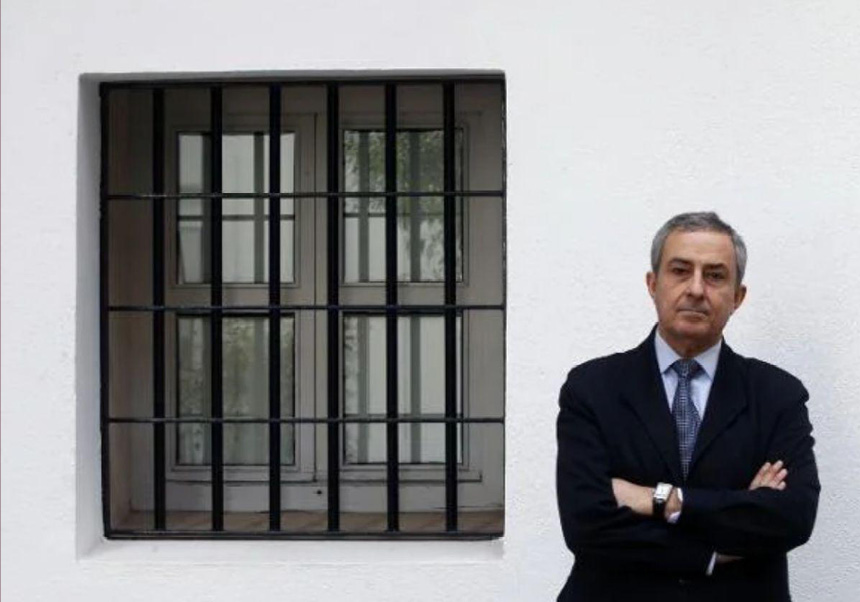
In the interview, Professor Domingo-Moratalla stresses the importance of recovering personal autonomy in the face of the addictive impact of digital technologies, defending the ethical value of conscious disconnection in times of hyperconnectivity.
Agustín Domingo, Professor of Moral Philosophy and Politics at the University of Valencia, is clear that society is not prepared to suffer an electrical and digital blackout such as the one that occurred last Monday. He considers that we live in a ‘digital gluttony that prevents us from delving into and savouring the natural’ and advocates ‘calling for a socio-political culture of responsibility’, that is, ‘denouncing impersonal or depersonalising explanations and causes’. In his essay “Homo Curans” (Editorial Encuentro, 2022) he already spoke of concepts such as the culture of care in situations of vulnerability.
The blackout reveals the indolent vulnerability of the society in which we find ourselves. We did not believe that a volcano like the one on La Palma would cause the destruction it did, nor did we think that so many people could die during the pandemic, and even less did we imagine that the Dana or flood in Valencia could be reproduced, and... that's where we are.
We have changed little in our habits, our values and our consumption practices. We continue to maintain the same lifestyle and live at an accelerated pace. Acceleration is not only technological but technocratic, socio-political decisions demand continuous changes to leave people in the same or worse situation. The parties' arguments demand new ideas, new proposals, new news, new projects. Tradition is not a good thing in politics, and what is not tradition is plagiarism.
Domingo-Moratalla, faced with the accelerated life we lead today, points out that "we should ask ourselves about the meaning of so much acceleration in all processes. Harmut Rosa, a German philosopher, has criticised this psychosis generated by the technological acceleration of late modernity and invites us to question it through what he calls ‘resonance’. Other analysts such as B. Ch. Han, Richard Sennett or Z. Baumann warn us of a hyperconnectedness without communication, an economy without worthwhile narratives and a life of meaningless consumption. Francis himself has important texts in the Laudato Si or the Fratelli Tutti".










